Editor’s Note: We’re highlighting content about racial healing in anticipation for the upcoming National Day of Racial Healing. This year, we’re illustrating how racial healing is already yielding transformative results across the U.S. and to inspire everyday people to work towards racial healing and racial equity in their community. This content was originally published on January 25, 2022.
Many viewers of W.K. Kellogg Foundation’s sixth annual National Day of Racial Healing signature program were curious about the work of the performers and panelists featured during the day. So, we’ve assembled this list to encourage learning and action. Don’t forget to download action kits to bring racial healing into your home, workplace, classroom or neighborhood.
Adding to your racial healing bookshelf
Heather McGhee, The Sum of Us – Known for her appearances on NBC’s Meet the Press, Heather McGhee designs and promotes solutions to inequality in America. In this New York Times bestseller, McGhee identifies racism as “the common denominator of our most vexing public problems” and coins the phrase solidarity dividend referring to the “gains that come when people come together across race, to accomplish what we simply can’t do on our own.” Find ordering options for The Sum of Us, download a discussion guide and learn more about a young readers’ version on Heather McGhee’s website.
Dr. Denese Shervington, Healing is the Revolution – Founder of the Institute of Women & Ethnic Studies, Shervington invites readers into “a discussion of the nameable and unnamable struggles African Americans face in a tense, high stress, and despairing existence in the United States.” Shervington’s book “pays equal attention to providing steps and opportunities for healing on the individual, family, and community level.” Options for ordering the book as well as a companion podcast can be found on the Institute of Women & Ethnic Studies website.
Studies cited during program
Dr. David R. Williams is the author of more than 400 scholarly papers on the social determinants of health and the effects of racism on physical and mental health. A selected list of these publications can be found on the Harvard University website. During his National Day of Racial Healing panel, he also mentioned the Everyday Discrimination Scale, a widely-used measurement tool to assess discrimination’s impact on health.
During the panel on racial equity and the path forward, Dr. Williams mentioned three studies:
- Cultural Continuity as a Hedge Against Suicide in Canada’s First Nations, Michael J. Chandler & Christopher Lalonde, Transcultural Psychiatry, June 1998
- Perceived Discrimination Among African American Adolescents and Allostatic Load: A Longitudinal Anaylsis with Buffering Effects, Gene H. Brody and Man-Kit Lei, et. al. Child Development, May/June 2014.
- Balm in Gilead: Racism, Religious Involvement and Psychological Distress Among African-American Adults, Christopher G. Ellison, March A. Musick and Andrea K. Henderson, Journal for the Scientific Study of Religion, 47(2).
Music & art: A racial healing and justice playlist
John Legend is an EGOT-winning performer and member of WKKF’s Solidarity Council on Racial Equity. He graced our virtual stage with a powerful rendition of Nina Simone’s “I Wish I Knew How It Felt To Be Free.”
Ndlovu Youth Choir gained recognition in the United States during the 2019 season of America’s Got Talent and set a hopeful tone for the 2022 National Day of Racial Healing with their song “Liberate Love.” More of their performances can be found on their YouTube channel.
Poet, artist and organizer, Reyes added thought-provoking words to John Legend’s performance. His personal website includes video, audio, poems and information about his educational workshop offerings.
Supaman, opened the sixth annual National Day of Racial Healing virtual program with a land acknowledgment, and closed it with a captivating video of his song, “Why?” Combining Native culture, comedy and urban hip hop culture, Supaman’s one-of-a-kind performances, recordings and new album can be found on his personal website.
The video for “Why?” included world champion dancer Acosia Red Elk. Acosia can be found on Instagram and YouTube.
Inspiring, actionable ideas
Bring racial healing into your spheres of influence
We’ve assembled an array of action kits for educators, students, those in the business and philanthropic sectors, faith & spiritual communities and the healthcare system. We hope these spark ideas for transforming racial healing moments into movements, as we work toward a more racially equitable future together.
Learn the role of racial healing practitioner
The National Compadres Network offers a Circle Keepers training as a core aspect of La Cultura Cura, or transformational culturally-based healing. The Community Healing Network facilitates Emotional Emancipation Circles to heal trauma caused by anti-Black racism.
Stay engaged and continue the conversations beyond the National Day of Racial Healing here.

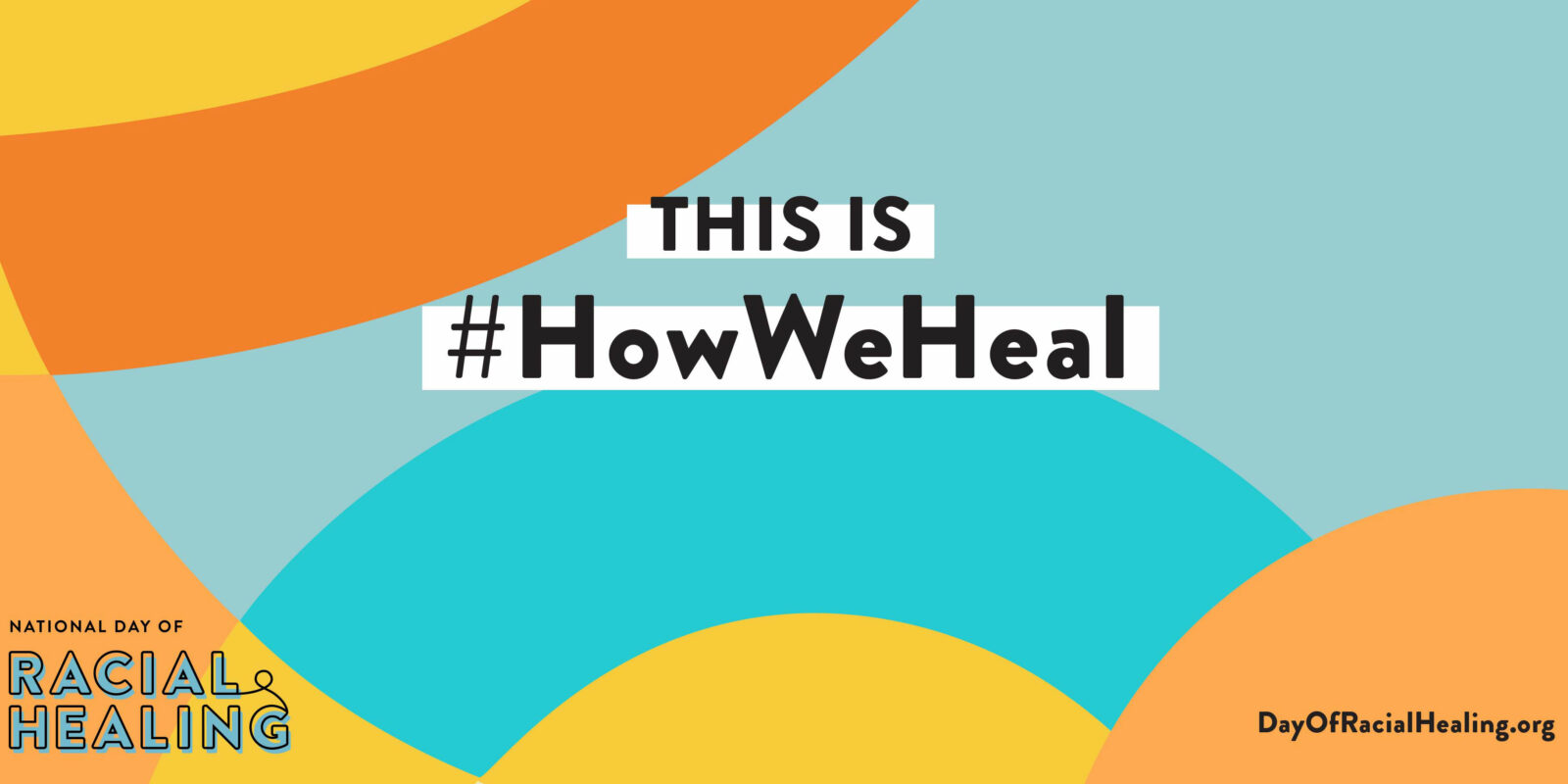
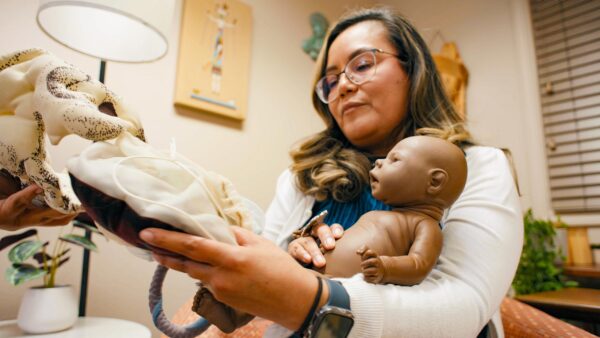
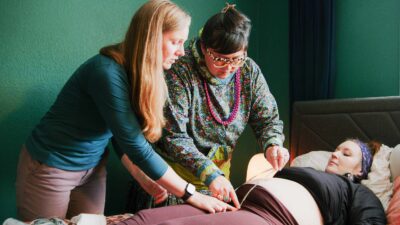
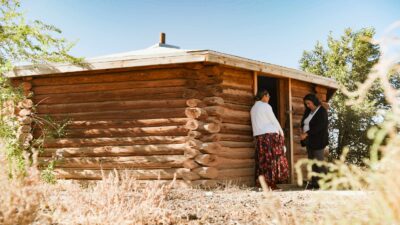
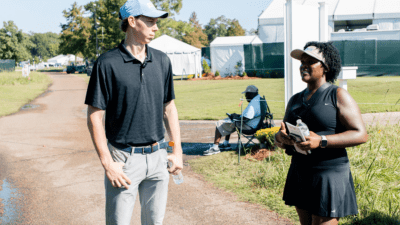
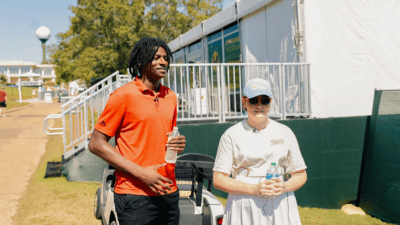

Comments